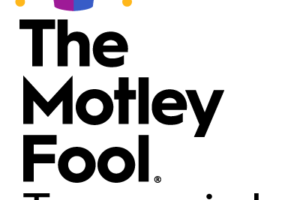
The new year is a great time to conduct a financial checkup, see what assets and debts you have and make a plan with the big picture in mind.
Retirement Tip of the Week: As we head into 2023, consider your financial goals, review where you are on the journey to accomplishing those goals and plan for some possible changes – no matter how small – that could help you achieve them.
Retirement is a big money goal, and for many Americans, it can feel almost impossible to reach. But small steps, at any age, can have a huge impact on retirement in the long run. One way to take those small steps is simply by getting started, and that can be as easy as reviewing what you have.
Make a list of your assets and liabilities. Some advisers call this a net worth statement, which provides a snapshot of where you are with your money. Ultimately, it tells a person how much money they have when considering all of their savings, investments and other assets, as well as any debts they may owe. Here’s a list of what you should include on your net worth statement, according to Charles Schwab.
Then make a cash flow statement, which details how much money you have coming in and where it’s going (or not going). Morningstar offers a personal cash flow statement template, and includes income such as salaries, pensions and extra income (such as from a side gig), and expenses, such as mortgages and rent, student loans, child care and groceries.
Want more actionable tips for your retirement savings journey? Read MarketWatch’s ‘Retirement Hacks’ column
Although these statements may feel daunting – especially if you’re not where you’d like to be financially – they can be great motivation to make tweaks to your spending. These statements can also help track progress, so that in a year or two you can see how much a savings account for a key goal or a retirement account have grown with a little extra attention.
Write down where all of your assets are, and contact information should you need to get help with them one day. Many Americans move from job to job, and they may have retirement accounts at a few financial services companies – some people may want to consolidate these accounts, but at the least they should keep track of them so they don’t end up forgotten (it happens).
While checking on these accounts, make sure beneficiaries are listed correctly. Named beneficiaries trump whoever is listed in a will, which means if a former spouse is named the beneficiary of a life insurance policy or a 401(k), the money would go to him or her instead of a current spouse at the account holder’s death.
Also check your credit, just to make sure all the accounts listed as yours and there are no mistakes with how much is owed.
Schedule a time to conduct this checkup. Block out the amount of time you’d like to spend, and aim to get everything done in that time frame. If you have a significant other and want to go over money and goals, make it a “date night,” and pore over these documents and plans with your favorite meal or drink.
Do you have questions about retirement, Social Security, where to live or how to afford it at all? Write to [email protected] and we may use your question in a future story.







